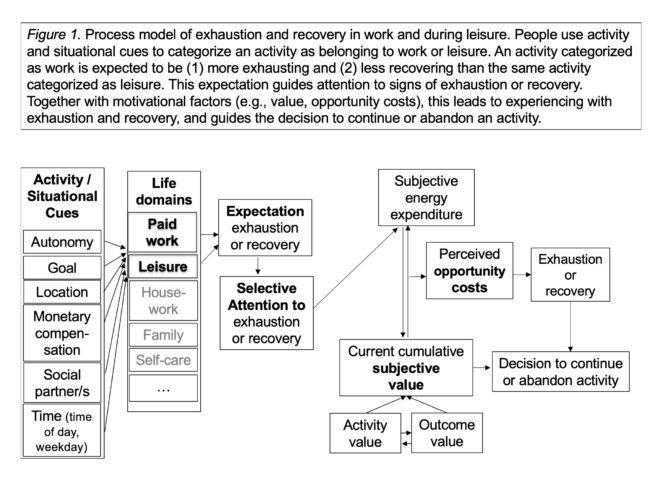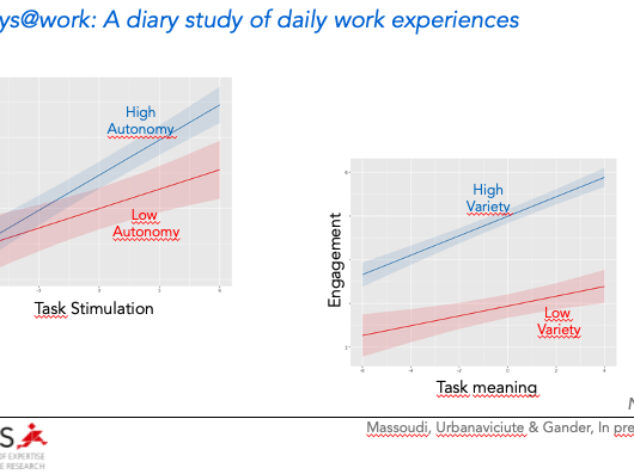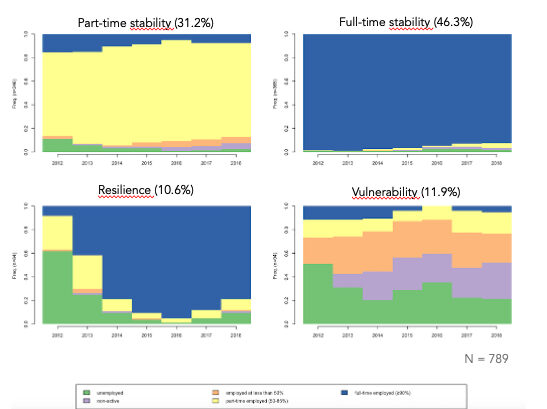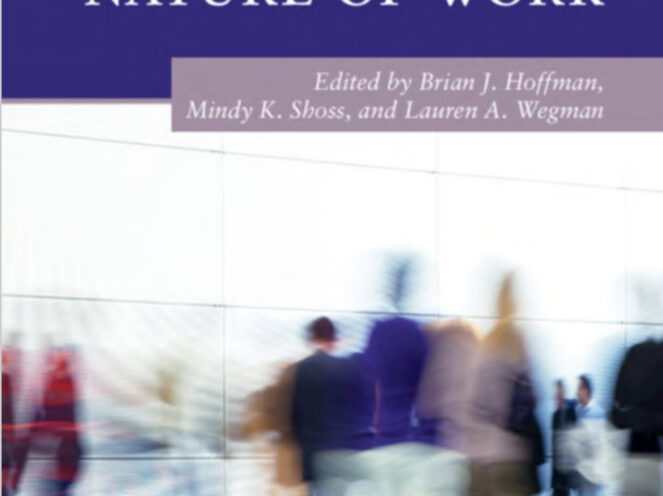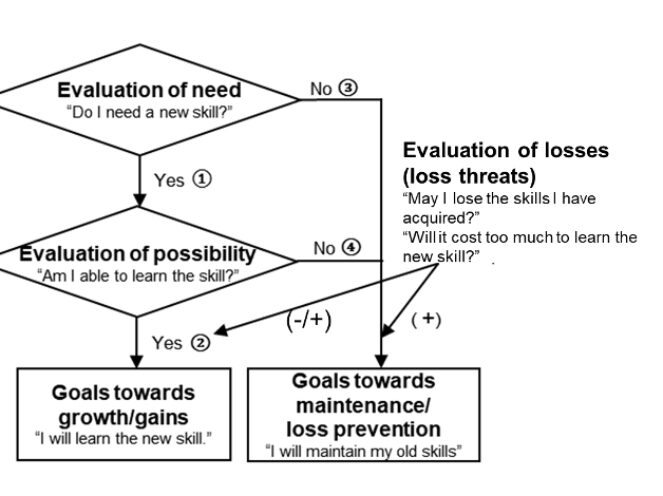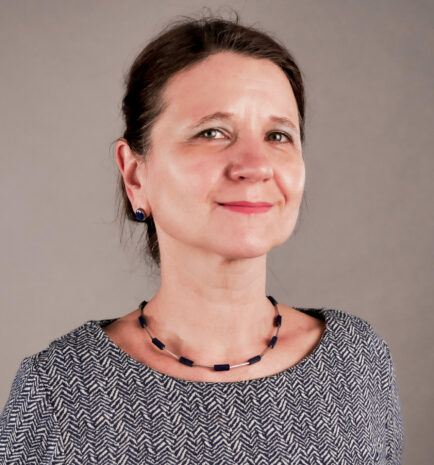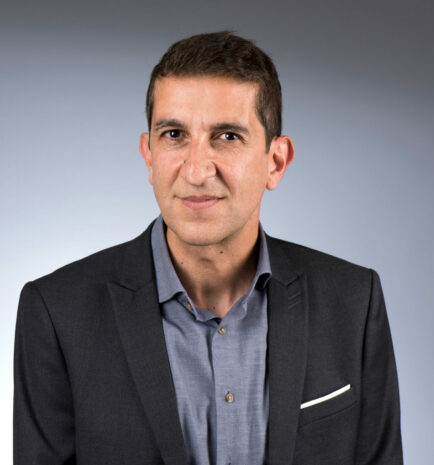
The rise of automation and ground-breaking technologies, along with globalization and demographic change, has transformed the world of work, leading to a large-scale disruption of the jobs and skills landscape. As outlined in the World Economic Forum’s Future of Jobs Report 2020, half of all employees around the world will need reskilling by 2025. The need to future-proof people’s skills has become even more urgent with the pandemic bringing about significant structural change in many sectors, job transitions and shift to remote working.
Upskilling does not include only acquiring relevant knowledge for new types of jobs but also developing transferable skills such as critical thinking, creativity, self-management, and above all, a learning mindset to continually adapt to and take part in the changing world of work. On the other hand, a number of personal resources (also referred to as psychological capital), including work-related attitudes and behaviours, promote proactive response to occupational demands, help cope with job insecurity or uncertainty and thus maintain health and well-being.
In the fifth edition of the nexFrontier webinar series, we are glad to feature Swiss National Center of Competence in Research LIVES – Overcoming vulnerability: Life course perspectives (NCCR LIVES) and in particular its research project on Resource Dynamics for Overcoming Career and Work-Related Vulnerabilities. Addressing the dynamic role of personal resources in overcoming occupational disadvantages and facilitating career development, the program applies a multidimensional conceptualization of well-being and investigates the role of diverse resource mechanisms.
To start with, Prof. Dr. Alexandra M. Freund from the University of Zurich will present a new model integrating subjective expectations and motivational functions of exhaustion and recovery in different life domains, as well as a set of studies investigating the role of subjective expectations for exhaustion and recovery of a given activity at work and during leisure. Our second speaker Prof. Dr. Emily M. David from China Europe International Business School (CEIBS) will talk about her research on social behaviour in co-working spaces, and in particular, help received while working in the workplace of the future.
Subsequently, Prof. Dr. Koorosh Massoudi will introduce a research project initiated together with Prof. Dr. Jérôme Rossier from the University of Lausanne. His talk will focus on contextual (e.g. working conditions, task characteristics) and personal (e.g. socio-demographics, psychological traits and resources) factors that influence individuals’ work-related trajectories and well-being. To conclude, Prof. Dr. Xianmin Gong from the Chinese University of Hong Kong will share his research findings of factors that contribute to the age-related change in personal goals and discuss the implications for lifelong learning.
-
![]()
-
![]()
-
![]()
-
![]()
-
![]()
Event Rundown
16:00-16:03 Introduction
Libing Gu, Head of Academic Relations, Swissnex in China
16:03-16:15 Work is exhausting and leisure recovering: A self-fulfilling prophecy?
Prof. Dr. Alexandra M. Freund, Professor of Psychology, URPP Dynamics of Healthy Aging, University of Zurich; Project Co-Leader of IP7, NCCR LIVES
16:15-16:27 Navigating Work Environments of the Future: Helping in Coworking Spaces
Prof. Dr. Emily M. David, Associate Professor of Organizational Behavior at China Europe International Business School (CEIBS)
16:27-16:39 Contemporary career trajectories: New trends, risks and resources
Prof. Dr. Koorosh Massoudi, Associate Professor in Life Long Vocational Psychology, University of Lausanne; Project Co-Leader of IP7, NCCR LIVES
16:39-16:51 Changes in personal goals across adulthood: Implications for lifelong learning
Prof. Dr. Xianmin Gong, Research Assistant Professor of the Big Data Decision Analytics (BDDA) Research Centre and the Department of Psychology at the Chinese University of Hong Kong
16:51-17:10 Q&A
SPEAKERS
-
![]()
Bio
Prof. Dr. Alexandra M. Freund
Professor of Psychology, URPP Dynamics of Healthy Aging, University of Zurich; Project Co-Leader of IP7, NCCR LIVESAlexandra M. Freund is a Professor of Psychology at the University of Zurich. She studied psychology at the University of Heidelberg and the Free University Berlin, where she also received her Ph.D. She was a post-doctoral fellow at Stanford University and returned to Germany to co-direct a project on developmental regulation with Paul Baltes at the Max Planck Institute for Human Development in Berlin for seven years. After that, she was an assistant professor and later an associate professor at Northwestern University.
Prof. Freund was elected a founding member of the Young Academy of Sciences, received the mentoring award of the German Association of Developmental Psychology, the Humboldt-Research Award, is an elected as a member of the Wilhelm-Wundt-Society and the German National Academy of Sciences Leopoldina. She serves on several editorial boards of international scientific journals. She has published more than 200 scholarly articles in the areas of developmental regulation, successful development and aging, and motivation across adulthood. -
![]()
Bio
Prof. Dr. Emily M. David
Associate Professor of Organizational Behavior at China Europe International Business School (CEIBS)Prof. Dr. Emily M. David is an Associate Professor of Organizational Behavior at China Europe International Business School (CEIBS). Her research on diversity and prosocial employee behavior has been published in over 20 peer-reviewed journal articles in the prestigious outlets such as the Journal of Management, Journal of Management Studies, and Personnel Psychology. She has also co-authored a book chapter on evolving work behavior patterns in The Cambridge Handbook of the Changing Nature of Work and has a forthcoming full-length book called Innovative to the Core. Prior to living and working in China, Prof. David served as an Associate Professor and Discipline Leader of the HR and Management faculty in Dubai, U.A.E. and also served in applied roles in both the M.D. Anderson Cancer Center and NASA (Wyle Laboratories).
-
![]()
Bio
Prof. Dr. Koorosh Massoudi
Associate Professor in Life Long Vocational Psychology, University of Lausanne; Project Co-Leader of IP7, NCCR LIVESKoorosh Massoudi is an Associate Professor in Life Long Vocational Psychology and a member of the Research Center in Vocational Psychology and Career Counseling (CePCO) at the University of Lausanne. He is also a senior researcher in the Swiss National Center of Competence in Research LIVES, in which he co-leads a project on work-related resources and vulnerabilities. His research includes the study of contemporary career trajectories, psychosocial risk factors at the workplace and work-related health and well-being. As a counseling psychologist and a career counselor, he aims at the implementation of evidence-based interventions to promote positive working conditions in organizations and support individuals to develop decent and meaningful careers.
-
![]()
Bio
Prof. Dr. Xianmin Gong
Research Assistant Professor of the Big Data Decision Analytics (BDDA) Research Centre and the Department of Psychology at the Chinese University of Hong KongProf. Dr. Xianmin Gong is a research assistant professor of the Big Data Decision Analytics (BDDA) Research Centre and the Department of Psychology at The Chinese University of Hong Kong. He received his master’s degree in psychology from Beijing Normal University in 2014 and Ph.D. degree in psychology from the Chinese University of Hong Kong in 2017. He worked, as a postdoctoral researcher, with Prof. Dr. Alexandra M. Freund at the University of Zurich from 2017 to 2020. A major focus of his research is adulthood development and the psychology of aging. He is particularly interested in motivational and emotional changes across adulthood and cognitive health in late adulthood.
In collaboration with

NCCR LIVES
The Swiss National Centre of Competence in Research LIVES – Overcoming vulnerability: Life course perspectives (NCCR LIVES) began operations in January 2011. It studies the effects of the post-industrial economy and society on the development of situations of vulnerability using a longitudinal and comparative approach. The NCCR LIVES aims to better understand the phenomenon of vulnerability as well as the means to overcome it so as to contribute to the emergence of innovative social policy measures. It involves close cooperation among researchers in the disciplines of psychology, sociology, social psychology, socioeconomics, economics and demography who are attached to the universities of Lausanne, Geneva, Berne, Fribourg, Zurich, and the University of Applied Sciences of Western Switzerland. The NCCR LIVES is funded by the Swiss National Science Foundation (SNSF) and hosted jointly by the Universities of Lausanne and Geneva. In order to ensure the sustainability of the NCCR LIVES’ research activities and projects, the LIVES Centre has been launched.

nexFrontier
nexFrontier is the latest webinar series at Swissnex in China, which spotlights cutting-edge research in Switzerland and China. With a particular focus on the Swiss National Centers of Competence in Research (NCCRs) and top-class research labs in China, this series hopes to introduce the most pioneering research advancements in Switzerland and China to an enthusiastic audience, as well as promotes potential exchanges and collaborations between the two labs or institutions.
